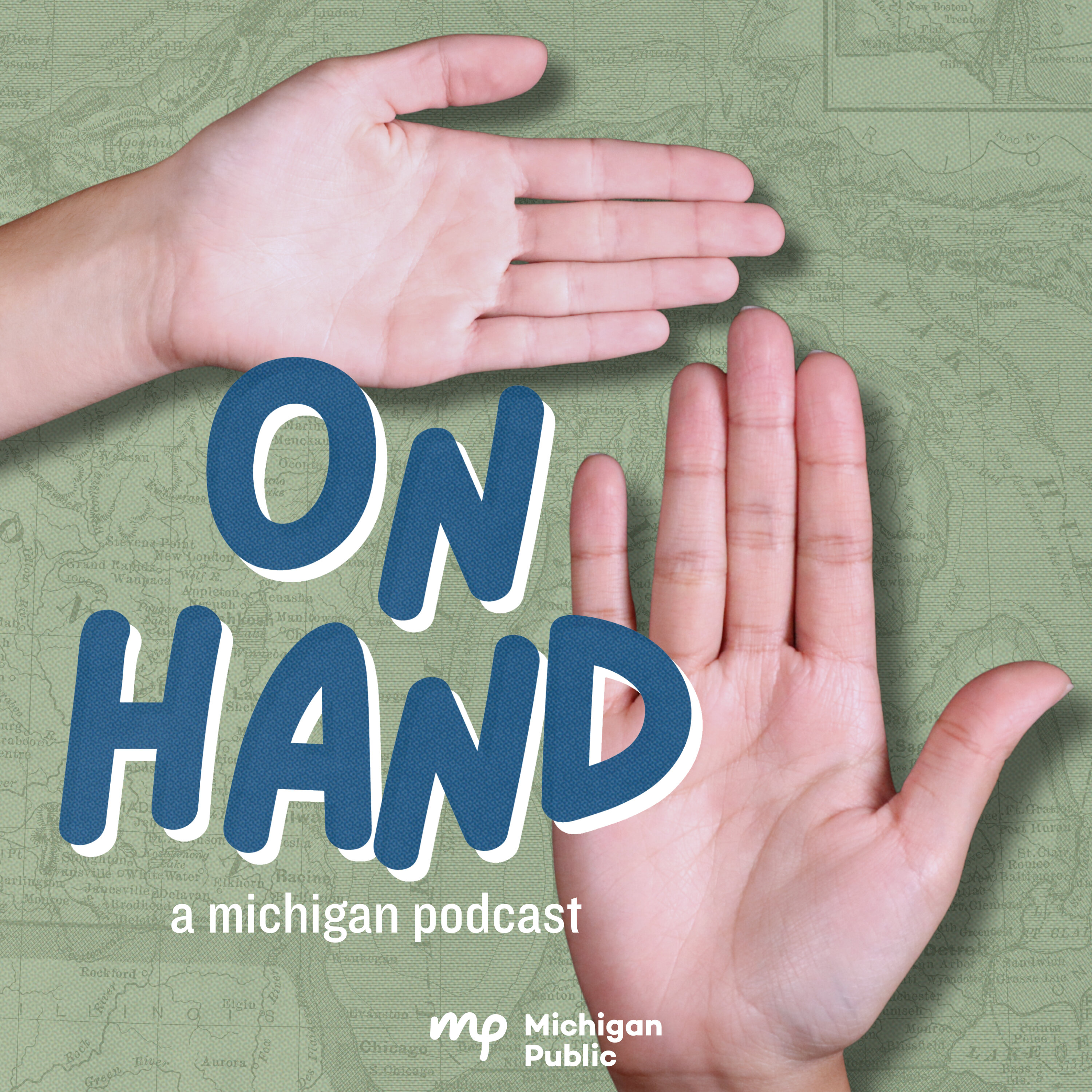The Political Legacy of Detroit’s 1967 Uprising

For months, people have taken to the streets in Michigan—and across the country—to protest racial injustice in the wake of George Floyd’s death. While social upheaval can definitely change how voters are feeling as they cast their ballots, it doesn’t always work in the way you might expect. Instead, says journalist and historian Ken Coleman, broad social movements can set the stage for political changes that happen after ballots are counted. When he looks at the 1967 uprising in Detroit, and at the presidential election the year after, he sees things that might inform a lot of what we’re going through right now. Coleman is a journalist with the Michigan Advance, and a serious student of Detroit history. He’s written several books, including On This Day: African American Life in Detroit. Looking for the full version of today’s show? Find it here. We’d love to hear what you think about the new podcast format! Send your thoughts and suggestions to stateside@michiganradio.org. See omnystudio.com/listener for privacy information.